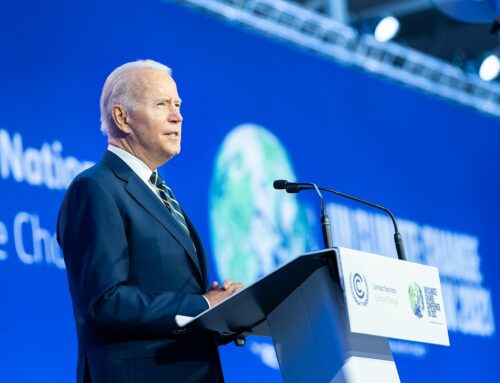The Federalist Review
Volume 19
This short article examines how the extraterritoriality doctrine might apply to state energy taxes imposed on electricity that is generated in one state but used in a different taxing state, when the purpose of the tax is to discourage greenhouse gas emissions. The extraterritoriality doctrine precludes a state from regulating commerce occurring wholly outside the state’s borders.[1] This limitation on states’ ability to regulate commerce beyond state lines stems from the Supreme Court’s dormant commerce clause jurisprudence, which establishes that the Commerce Clause implicitly curtails state regulation of interstate commerce.[2]…
I. The Extraterritoriality Doctrine: Dead or Alive?
A. Energy and Environment Legal Institute v. Epel
In the 2015 case Energy and Environment Legal Institute v. Epel, then-Judge Neil Gorsuch wrote an opinion for the Tenth Circuit upholding Colorado’s renewable energy law against a dormant commerce clause challenge.[3] The state law at the center of Epel required electricity suppliers in Colorado to ensure that a portion of the electricity they sold to Coloradans was generated with renewable resources.[4] The plaintiffs challenging the Colorado law brought suit under the extraterritoriality doctrine of the dormant commerce clause.[5]






